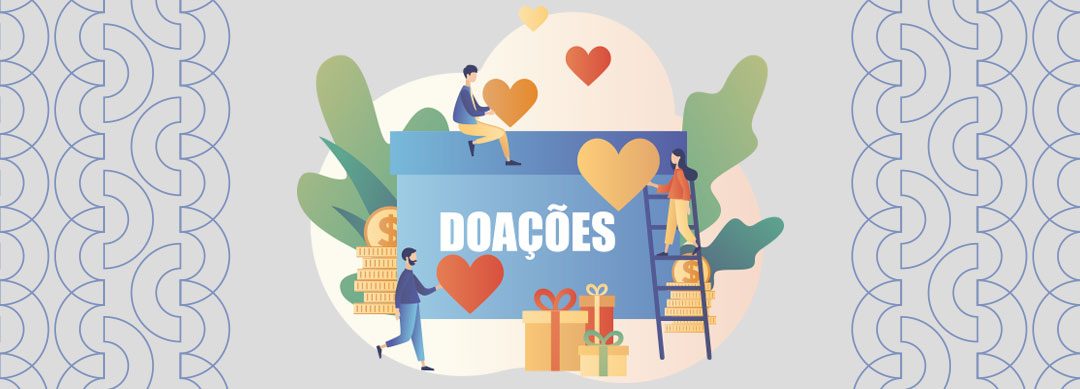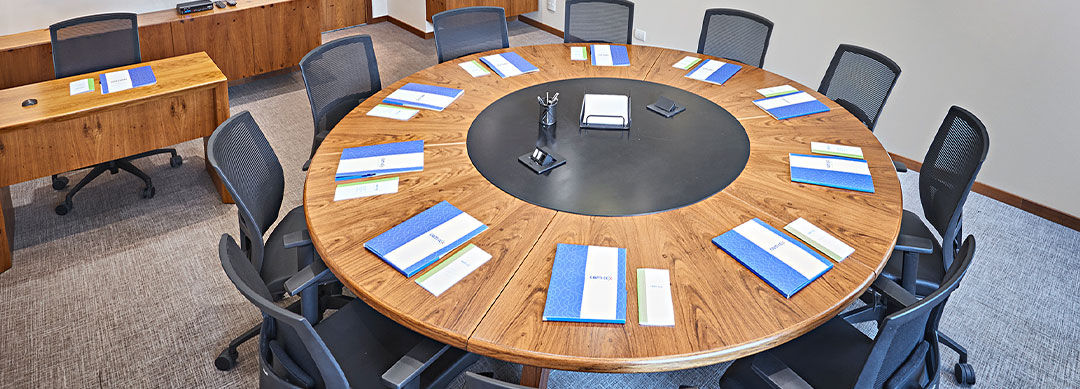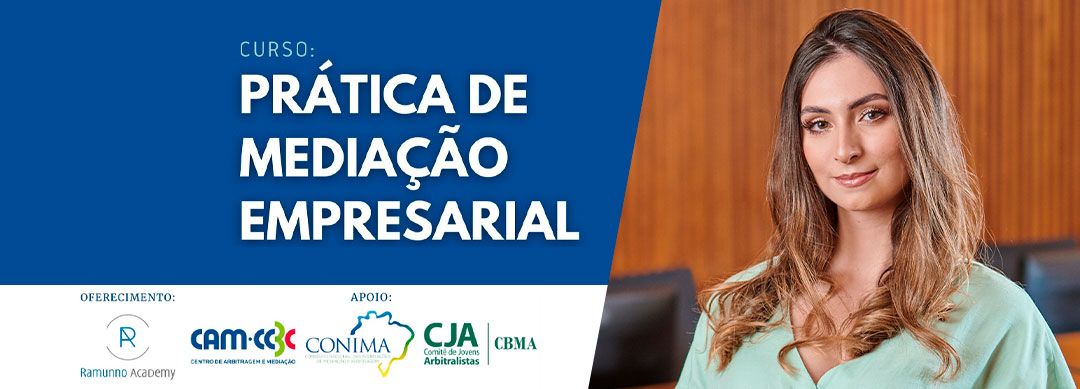CAM-CCBC increasingly consolidates social responsibility
By Sérgio Siscaro
The need to look at society and act in a solidary way was remarkable throughout 2020. The sudden outbreak of the new SAR-CoV-2 coronavirus, the cause for Covid-19, has led private companies and organisations around the world to join forces and fight against the disease – or at least mitigate its consequences.
In such challenging times, CAM-CCBC could not be out of touch with reality. After all, the Centre has already marked its presence, in recent years, with a steadfast commitment to the best practices of social responsibility. Thus, while maintaining its activities in virtual form, ensuring the safety of its teams, CAM-CCBC also stepped into the fight against Covid-19 – raising funds for donations and using its role as an influencer in the Alternative Dispute Resolutions Community (ADRs), to mobilise this community and engage it in these efforts.
“We believe that institutions must remain aware of their social responsibility and should maintain their routine activities, as well as promoting projects of wide and diverse social scope. We are convinced that, in this unprecedented crisis, we are not able of assisting everyone, but everyone can support someone,” Eleonora Coelho, president of CAM-CCBC, recently told the NewGen blog.
Focus on social initiatives
Webinars were the most important pathway to social contribution for CAM-CCBC. The Centre has always organised events gathering the ADRs community in which specialists debate the most relevant themes and trends in arbitration and mediation. As a consequence of the pandemic, it was necessary to transform these face-to-face events into virtual ones – and in doing so, CAM-CCBC started promoting social projects and motivating participants to make donations to social institutions.
Some of the initiatives promoted were the Plan for Confronting the New Coronavirus, of Serviço Franciscano de Solidariedade (Franciscan Service of Solidarity) (Sefras), the activities of Instituto Pro-Saber SP (Pro-Saber Institute), and Projeto UM (Project UM).
In the fight against Covid-19
Another way for CAM-CCBC to contribute, at such a difficult time, was the decision to reallocate its annual sponsorship budget usually dedicated to the annual congress of Comitê Brasileiro de Arbitragem (CBAr) (Brazilian Arbitration Committee) in favour of the Hospital das Clínicas (HC)(Clinic Hospital) from Faculdade de Medicina da Universidade de São Paulo (Medical School of the University of São Paulo) (FMUSP) – and in so doing, supporting actions to confront Covid-19.
The amount donated was spent by HC in the purchase of equipment, supplies and availability of hospital beds – indispensable events to save as many lives as possible. “The donation was made on behalf of CAM-CCBC, CBAr and each of the guests who would participate in the opening party of our Congress. The objective of CAM-CCBC was to maintain the fraternization of the arbitral community, but, at this time, through solidarity and support to others”, said Coelho on the occasion, in a joint note signed with the president of CBAr, Giovanni Nanni.
Environmental protection
Held in October, the VII CAM-CCBC Arbitration Congress was historic. The event successfully migrated its activities to a hybrid model, combining online broadcasting with the participation of some speakers in a recording studio. And, moreover, the Congress was marked by the Centre’s concern to contribute to social responsibility actions in an assertive way.
CAM-CCBC reverted 10% of the total amount obtained with the registration of Congress participants to Instituto de Conservação e Desenvolvimento Sustentável da Amazônia (Idesam) (Institute for Conservation and Sustainable Development of the Amazon Region) – an entity that promotes the valorisation and sustainable use of natural resources, while seeking alternatives for environmental conservation, social development and mitigation of the effects of the climate crisis.
“The contact with CAM-CCBC came at a time when the Amazon Region is in a very vulnerable situation because the eyes of the world are turned to the Covid-19 pandemic. Meanwhile, the action of the illegal loggers continues to occur in an unrestrained way”, says the executive director of Idesam, Paola Bleicker. “Partnerships like this, which strengthen the institution, directly help to leverage the mission of the institute in promoting a sustainable and socially fair environment,” she adds.
SPAW: R$ 8,000 in donations
Likewise, the third edition of the São Paulo Arbitration Week (SPAW), in October, was also used as a tool to stimulate social responsibility. The organisers of events registered at SPAW were stimulated to sponsor a social entity of their choice. As a requirement for the inclusion of the event in the shared agenda, it was established a symbolic and minimum registration fee of R$ 100 (although larger contributions were very welcomed). These amounts were reversed in donations.
With this initiative, in its seven days of activity, SPAW collected more than R$ 8,000 in donations destined to social institutions. All this was possible through a coordinated action of law firms, universities, associations, and several institutions, in Brazil and abroad.





